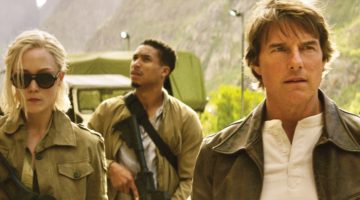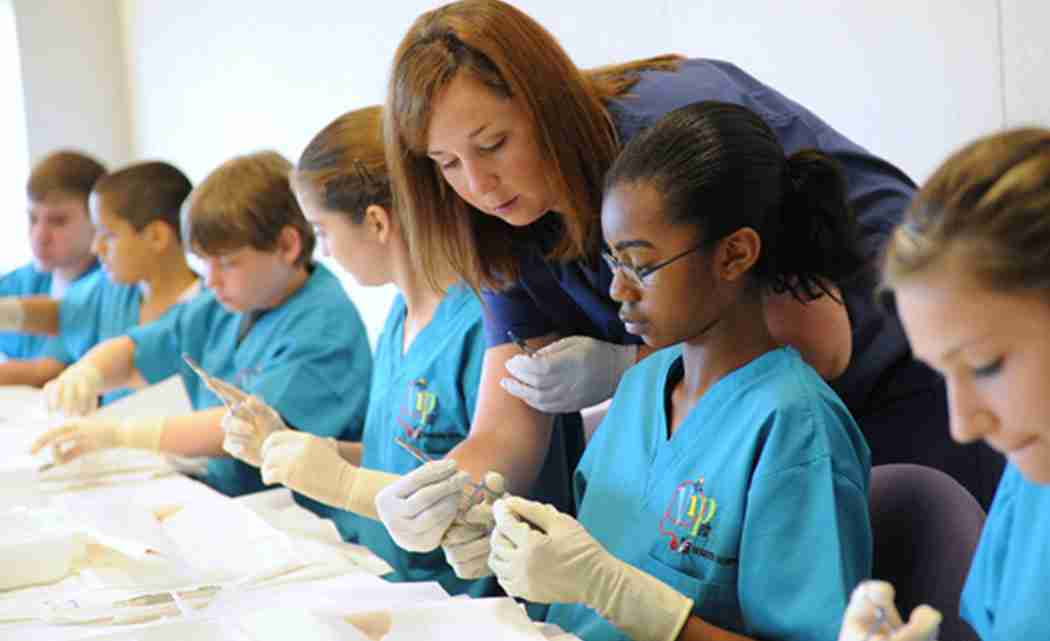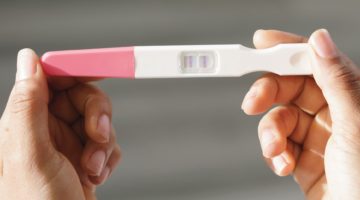By LACIE PIERSON
The Herald-Dispatch
HUNTINGTON, W.Va. (AP) _ Medical emergencies aren’t contained within the walls of a hospital, as 19 future medical school students learned June 3.
The college students participated in a day of hands-on medical training as a part of a week-long medical school immersion camp hosted by the Marshall University Joan C. Edwards School of Medicine.
The activities included a Wilderness Medicine Experience at Ritter Park, led by Dr. Chuck Clements, director of the wilderness medicine course at the medical school.
The camp is meant to provide college students throughout West Virginia the opportunity to explore the possibilities that are before them in medical school, said Jennifer Plymale, director of the Byrd Center for Rural Health.
“We try to decrease any barriers they may perceive to getting into medical school or even going to medical school,” Plymale said. “Our mission is to retain a workforce for West Virginia, and what better way to do that than bringing students to your campus and introducing them to faculty so the faculty can tell their stories? …Hopefully as the students mature through their academic years, they will consider Marshall as an opportunity.”
The camp’s participants are from Concord University, Marshall University, University of Charleston, West Liberty University, West Virginia Wesleyan College and Hampton University in Virginia.
In addition to spending quality time with professors and learning how to administer medical care outside of the hospital, students also had the opportunity to practice suturing on pigs’ feet and talk to current Marshall medical students.
Tylor Tabit, of Fayetteville, West Virginia, is a senior biology major at Concord University, who said careers in the medical field run in his family.
Tabit quickly put in an application for the camp during a visit to Marshall’s medical school earlier this year, and he said he wasn’t sure what to expect when he came to Huntington.
“I said, `If I don’t take anything away from this, it’ll look good on a resume,”’ Tabit said. “But, it turns out, I’ve learned a lot more than I expected to in my time here. It’s probably been the most helpful tool in my journey for medical school. This is probably the biggest help I’ve had the entire way.”
In teaching wilderness course, Clements said his goal was to prepare students to treat primary injuries, including lacerations and bone fractures, almost anywhere that isn’t a hospital, including at their homes, in a parking lot, on the scene of a car accident or even “in the middle of some Amazon jungle.”
In the grand scheme of the camp, Clements said the students were getting some great exposure to what medical school is like.
“They’re going to get some exposure to physicians and find out what life as a physician is like before they enter medical school,” Clements said. “I think we’ve got a good program here. It’s looking for some of the best and brightest, not just from West Virginia. We have people from across the country. We just try to have fun and give people useful skills.”













No Comment